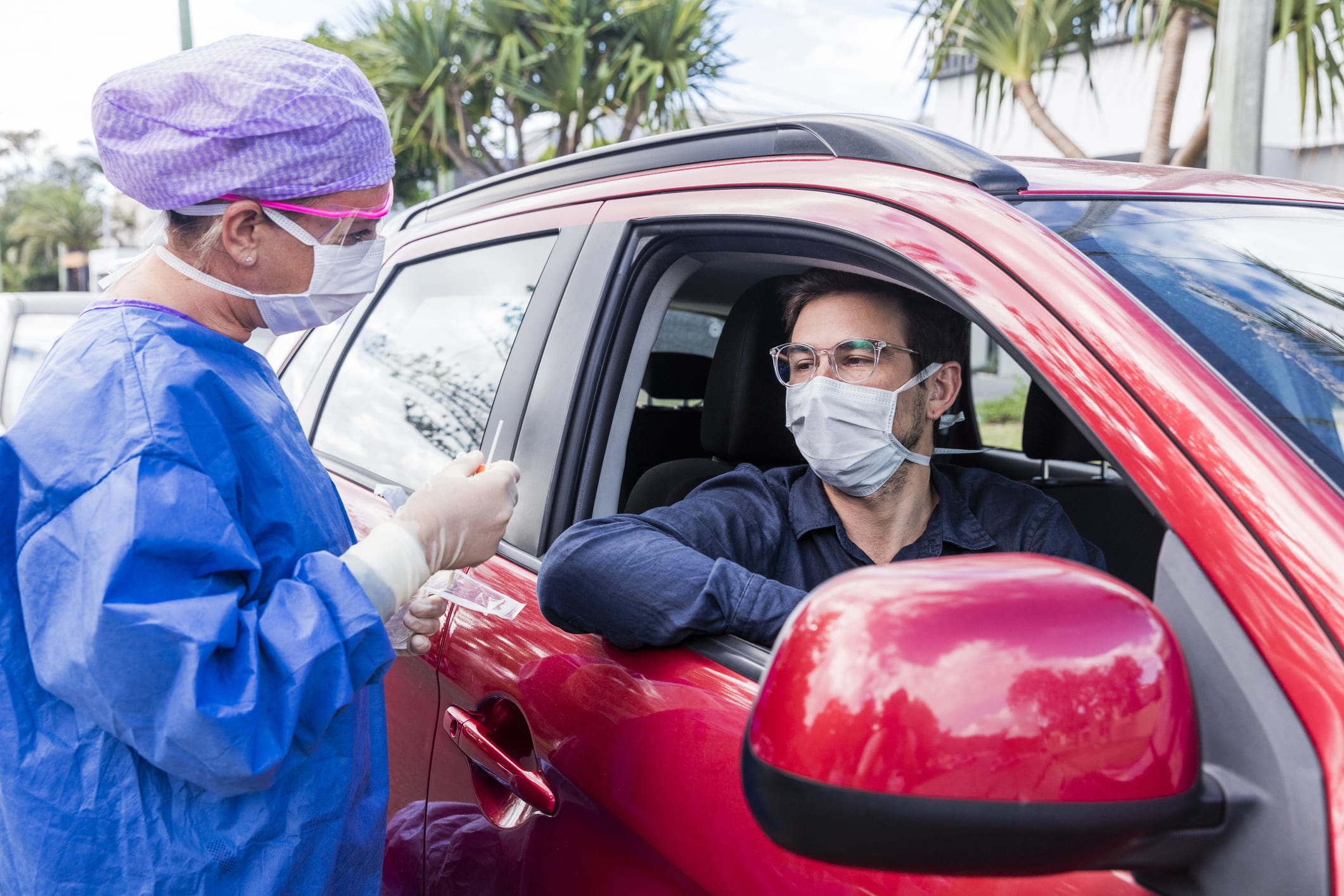With cheap at-home Covid-19 antigen tests in the works, a number of antibody tests quickly gaining approval for emergency use and Americans thinking about going back to work, you might be wondering if it’s time to get tested? The answer is complicated.
Testing, both for the Covid-19 virus and its antibodies, doesn’t replace the need for other Covid-19 prevention measures, such as social distancing or hand hygiene. However, at a time when people are craving more information about their health, a test result provide some people peace of mind.
Here’s what experts want you to know about testing:
The difference between viral and antibody testing
There are two main categories of Covid-19 tests everyone is talking about. The first is a diagnostic test to check for an active infection: it checks for the presence of SARS-Cov-2, the virus that causes Covid-19, in your respiratory system.
During a Covid-19 diagnostic test, a clinician will insert a long swab into each side of your nose or mouth to retrieve a sample. (This video demonstrates what a nasopharyngeal swab looks like.) The test itself is very sensitive: it takes a matter of seconds, and results can be turned around in 24 hours, Beuther says.
Even if you’re not exhibiting symptoms, you could be shedding pieces of the virus. If the test comes back positive, then it is assumed that “you’re sick and infected,” Dr. David Beuther, a pulmonologist at National Jewish Health, tells CNBC Make It.
An antibody test, on the other hand, looks for levels of Covid-19 antibodies in your blood. When a person gets an infection, their immune system can produce specific proteins, called antibodies, to target the invader, in this case a virus. The antibodies that are associated with Covid-19 take one to three weeks to develop.
An antibody test isn’t a way to diagnose an active Covid-19 infection. “We’re really looking at whether you’ve already been sick and whether your body has mounted an immune response to the virus,” Beuther says.
What it means if you tested positive for antibodies or negative for the virus
A positive antibody test result might seem like it gives you some invincibility, or at least allows you to relax a little, but that’s not the case. All an antibody test tells you is whether you’ve been exposed to the virus in the past.
Experts say it’s too soon to know what level of antibodies could provide immunity from future infection, or even how long that potential protection would last. While the presence of antibodies likely means that you had Covid-19 at some time, “we’re reluctant to say that you’re immune and you won’t get infected again,” Beuther says.
“It’s okay to get tested for antibodies, but take it with not just a pinch of salt, b

